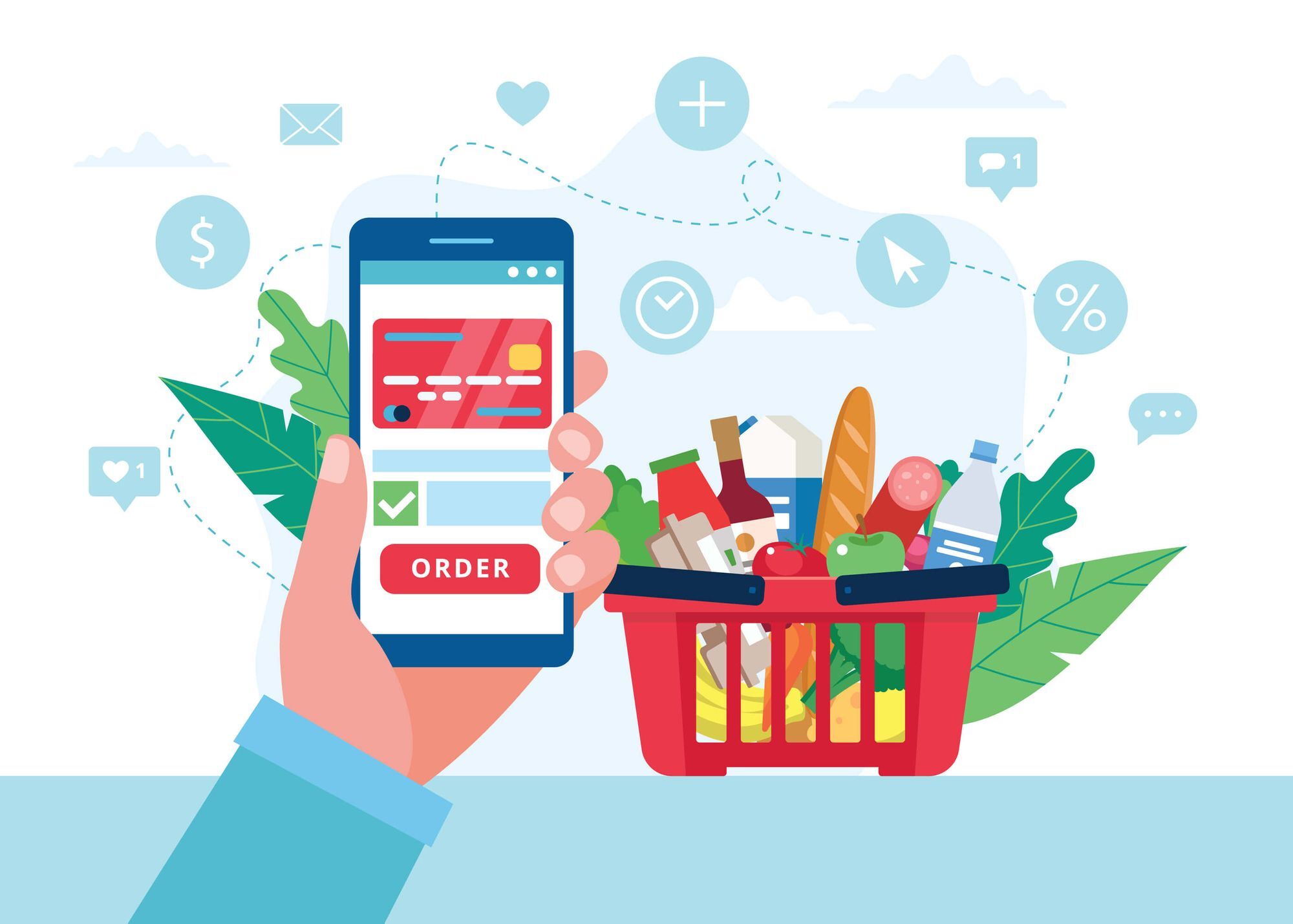Delivery quickies
Instant deliveries are talk of the investor town. But how sustainable are these businesses and what do they mean for neighbourhood kirana stores?

What can you do in 10 minutes? Complete a High-Intensity Interval Training (HIIT) workout, do some sprints, cook a meal, have speedy sex? Most of these, actually all, involve strenuous, physical activity. In today's day and age of instant gratification, where we expect tasks to be completed yesterday, there's a new sector that's attracting a lot of investor moolah – grocery delivery in under-10 minutes. Grocery delivery, an unimaginative but rather enormous opportunity, has boomed in India. And while BigBasket and Amazon still rule the market, there are others such as Swiggy and Grofers who have been trying to cut their teeth.
But just participating in the sophisticated tech-enabled kirana trade can't be enough, it was time to push the envelope. From Swiggy Instamart delivering anywhere between 15-45 minutes to 8-month-old Zepto, whose entire business is driven towards shaving off precious seconds, the delivery market is becoming quicker and quicker. And there are investors ready to pump in millions of dollars into the quick commerce, prompting even Ola and Dunzo to wet their beaks in the space.
According to Redseer, quick commerce is slated to touch USD 30 million this year and will jump 15x to reach USD 5 billion by 2025. Propelled by the pandemic and encouraged by increased use of smartphones, online deliveries and digital payments, the instant delivery space has never had it better. This space is so attractive that even a unicorn startup like Grofers has gone in for brand revamp. No more the orange hues of Grofers, the business has been rechristened 'Blinkit' and has donned yellow, green, and black colours. As its new name suggests, everything will reach doorsteps in 10 minutes. It's quite unusual for a startup to pivot after turning unicorn but it's also the oldest rule in the startup game — keep evolving till you get it right.
Armed with a network of dark stores and thousands of gig workers on bikes, these instant delivery platforms face off against one another as they face stiff competition from peers. With no distinctive feature that sets each apart from the other, it comes down to speed of delivery, quality of products, and quantity of orders. This is in addition to the age-old problems faced by bleeding startups who're building obscene valuations but are still unable to get profitability in sight. Most importantly, are customers ready to pay for such quick service and how much? BigBasket's Rs 2 versus Swiggy Instamart's Rs 15 — how much would under-10 minutes deliveries cost if the company wants to even aim at breaking even, leave alone make actual money?
Instant-delivery startups are a global trend (but obviously!). News reports suggest that quick delivery startups in the US and Europe have been mushrooming and picking up big bucks. Some have met untimely deaths too in India and overseas, and yes, in spite of the VC armoury.
Let's also spare a thought for the neighbourhood kirana stores. All these funded startups with their dark stores may well spell the end of the already-struggling mom-and-pop shops. It's true that many kirana stores have enabled digital payments but expecting them to streamline ordering with digital interfaces is still a distant dream. In spite of decade-old relationships with customers, kirana stores are likely to lose much of the high-paying clientele that favours ease of delivery over chewing the cud with the grocer while buying milk and bread. The only way would be if the startups build a network of kirana stores to service orders. They would not need that many dark stores and sure, there would be added labour of maintaining inventory of each store, but it's not impossible. Food delivery platforms do something similar with restaurants and Swiggy already allows purchasing from stores through Swiggy Genie. But yes, it won't be under-10 minutes. So again, I wonder, what is with this 10-minute fixation? The difference between life and death is a precious 10 minutes, but grocery, really? Surely, we can wait for a cola or vegetables for half an hour. But I'm sure the well-heeled investor knows better.
The writer is an author and media entrepreneur. Views expressed are personal



